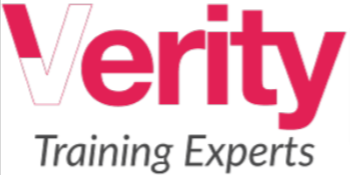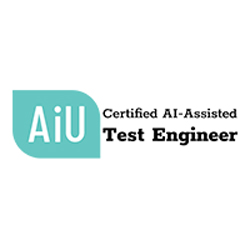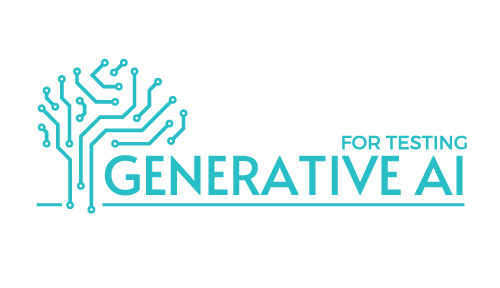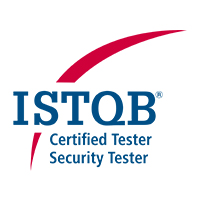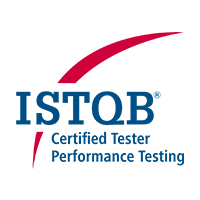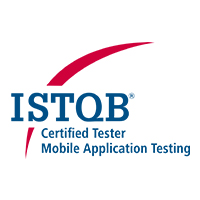Agile Courses, Scrum Alliance
Advanced Certified ScrumMaster® (A-CSM®)
- 300 + Students Empowered
- 4.5/5 Best Selling Program
- Format Instructor-Led online Program and Self-Learn Online Program
- Start Date: Instructor-Led Program Date To Be Announced
Course Description:
It is developed to help Certified ScrumMasters to hone their skills in enabling communication between the Product Owner, Development Team, customers, stakeholders, and executives.
It provides the necessary competency to handle stiff resistance to change and zero engagement from the individuals mentioned above.
An experienced Certified Advanced Scrum Trainer conducts this 2-day A-CSM training and classroom workshop to build expertise and understanding in Lean, Agile, and Scrum. It will also make you proficient in scaling Scrum and Agile, thereby polishing your coaching abilities.
In addition, this certification course will teach you to scale Agile and Scrum for multiple teams and establish yourself as an Agile expert.
Course Objectives:
➜ Improve your Scrum application skills to enable transparency in communication between stakeholders
➜ Develop Agile and Scrum knowledge to become a better coach
➜ Scale Scrum and Agile beyond a single team and become Agile expert
➜ Learn Scrum Master core competencies and master Scrum
➜ Imbibe skills to serve Product Owner, organization
Who Should Attend?
There are no criteria to attend the Advanced Certified ScrumMaster® (A-CSM®) Training course. Scrum Masters, Team Leaders, Development Managers, Delivery Managers, Project Managers, and Agile Coaches can attend the A-CSM certification training.
Course Topics:
Lean, Agile, and Scrum
Agile and Lean Values, Principles, and Worldview
- Demonstrate how scrum is aligned with the values and principles of the Agile Manifesto for Agile Software Development.
- Outline the historical development of Scrum and Agile.
- Describe at least two other Lean/Agile development approaches outside of Scrum and explain their value.
- Demonstrate how you resolved or addressed
- Empirical Process Control evaluate three situations when transparency, inspection, and adaptation are not working Effectively.
Align value delivery at scale
Self-Organization
- Describe how a self-organizing team approaches at least three challenges.
- Apply a countermeasure to reduce the impact of at least one challenge facing a self-organizing team.
Team Dynamics
- Explain the difference between a working group and a team.
- Discuss at least three attributes of effective teams.
- Apply at least two methods for improving team performance.
- Describe at least one multi-stage model for team formation and development.
Definition of “Done”
- Organize and facilitate the creation or improvement of a strong Definition of “Done.”
- Describe how a Definition of “Done” could be formulated for a non-software product.
Value of Development Practices
- Explain at least two ways development practices may impact the Development Team’s ability to deliver an increment each Sprint.
- Describe how development practices are highly beneficial in a multiple team environment.
Align value delivery at scale
Resolving Impediments
- Analyze at least one impediment and identify a root cause and/or underlying issue(s).
- Practice resolving an organizational impediment.
Scaling Scrum
- Recognize at least two approaches to scaling Scrum.
- Describe at least two reasons why an organization might decide not to scale.
- Identify at least two techniques for visualizing, managing, or reducing dependencies.
- Describe at least three benefits and drawbacks of feature teams and component teams.
Organizational Change
- Describe the nature of complex systems.
- Describe at least two frameworks for catalyzing organizational change.
Scrum Master Core Competencies
- Facilitation identifies at least three indicators when a group is engaged in divergent thinking and at least three indicators when a group is engaged in convergent thinking.
- Identify at least three challenges of integrating multiple frames of reference.
- Apply at least two facilitative listening techniques for effective meetings/events.
- Demonstrate at least two alternatives to open discussion.
- Describe two examples when the Scrum Master should not act as the facilitator for the Scrum Team.
- Practice creating an agenda for and facilitating at least two collaborative events.
- Analyze at least three obstacles to clear communication and their impacts on both the sender and the receiver.
- Create at least three working agreements to foster clear communication for a meeting.
- Coaching describe at least three elements of a coaching stance.
- Apply an appropriate coaching technique for two interventions.
- Analyze an intervention to identify at least two improvements.
- Training explain Scrum and its benefits to a business stakeholder.
Service to the Product Owner
Coaching the Product Owner
- Practice creating or refining the product vision with the Product Owner and Development Team.
- Explain at least two techniques for moving from a product vision to a Product Backlog.
- Practice refining the Product Backlog with stakeholders and/or team members.
- Knowledge Comprehension Application Analysis Synthesis Evaluation
Scrum Mastery
Personal Development
- Analyze your fulfillment of the Scrum values and how you could improve.
- Analyze your own fundamental driving factors.
- Recognize when a constructive interaction moves to destructive conflict.
- Compare your default pattern for responding to conflict with at least two alternatives.
Servant-Leadership
- Express at least three attributes of an effective servant-leader.
- Demonstrate one or more attributes of a servant-leader.
Testimonials:

“Thank you for a great course. Gaurav was very aware of the topics which were planned for this certification.
Explanation to each topic was explained in an easy and understandable way.
Gaurav patiently answered all the questions which were asked to him.
Overall course has helped me to address the challenges which we were noticing while implementing DevOps in our own organization”
Vandana Singh, Sr. IT QA Analyst, Eaton Technologies Private Limited

Certified Tester in Artificial Intelligence dives into exploring the concepts of AI and testing tools/strategies revolving around AI.
Contents and Live Exercises are designed to engage in a very effective manner. Trainers were very knowledgeable and experienced, imparting their wealth of knowledge in an effective way.
I would definitely recommend this programme for all the QA Folks as part of Development.
Ankit Bajaj, Senior Technical Lead, IBM

The training conducted for Certified Tester in Artificial Intelligence is focused and coherent. It has been very useful for me.
I would like to highlight the dynamic of the sessions, very active, interesting, well organized and an easy-to-follow course of AI/ML learning.
Outstanding teaching skills by Vipul Kocher, he is very knowledgeable and passionate about teaching.”
Priyanka Pawar, Full Stack Test Specialist, IBM
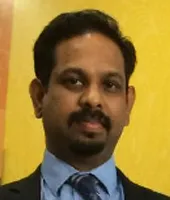
“It was truly my pleasure to be a part of the Global Accredited Course on AI in Testing – it really was a brilliant learning experience!!
Thanks to the coaches Vipul and Saurabh for making this an insightful yet a fun-filled course – and walking us through the world of AL, ML and DL with live applications and practical testing strategies.
A special note of thanks to Team Verity team seamlessly coordinating this program without a glitch. Here’s wishing them my best”
Rajesh Kannan, Director, Deloitte Touche Tohmatsu India LLP

“This course was a great learning experience which was delivered proficiently by the experts. It’s very well-articulated with insights on the testing perspective of AI/ML.
Special mention to the hands-on exercises in python for data pre-processing and AI metrics.
The training has raised the bar for the testing community and will open up new opportunities for testing in the changing world of AI.
I really liked the way the exercises have been sorted out in folders and explained by Mr Bansal. Very helpful for future references.”
Smita, Assistant Vice President, DBS Bank

I work for IBM and have done the Selenium United course as part of the reskilling program. This course is an excellent way to upgrade me with the latest technologies in the field of automation testing.
I feel highly honoured and privileged to have done this course and truly enrich myself in a niche technology. I also feel great to pass the rigorous exam which tested my Selenium expertise to the fullest.
When I look back after a few years of my career with Selenium, I can proudly say that this was the course where it all began.
Payel Biswas, Test Automation Engineer, IBM

The training sessions conducted by Verity Software for Cloud Migration Test Specialist were well articulated and quite interactive.
The trainers were really good and supportive. They helped us both theoretically and practically. The training materials were really helpful in clearing the certification exam.
Overall this training helped me in upgrading my skills and being a test specialist. It helped me to clear the concepts of Cloud Migration and various aspects of testing required. Thanks to Verity Software and the trainers Jayapradeep and Smitha for such a wonderful learning experience.
Divya Rajpal, Test Specialist, IBM

Thank you for sharing your knowledge. It is very informative and helpful.
Exercises during training were easy to understand and very detailed. It is very nice to have exercises at the end of each module.
Your support, communication and coordination is great.
Thank you for the great training.
Anita Meka, Salesforce QE
FAQ:
What is the duration and timings of this course?
NA ..
Do you provide any tools with this course?
No. We do not provide any tools with this course.
Does this certification have a lifetime validity?
Yes this certification is valid for lifetime.
Do you provide placement services post completion of the course?
No, we do not provide placement.
What is the maximum batch size?
The maximum batch size is 20 members in one batch.
Will I get support post the training?
Yes post training support will be provided, you can contact the trainers for any queries which you may have.
Do I need to know coding for this course?
No, coding is not a prerequisite.
What if I am unable to attend the batch which I have registered for? Can I attend the next one?
We strongly recommend that the participants attend the batch which they have specifically registered for. There can be exceptions in case of emergencies but the difference in fee(if any) will have to be borne by the participant.
Can I get a refund if I cancel my registration?
No we do not provide refunds upon cancellation.
Can an In-house batch for our company be arranged for the course?
Yes we can arrange for an in-house batch for your company given there are a minimum of 10 participants per batch.
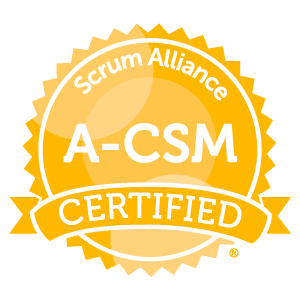
Instructor:
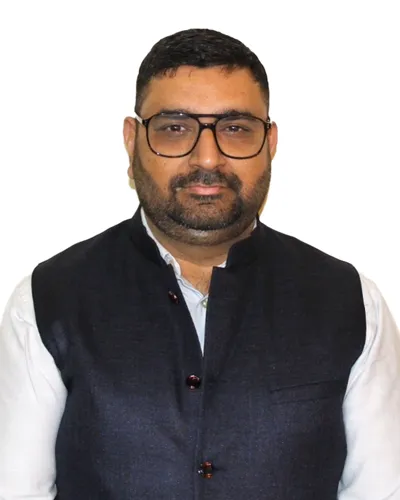
Ramit Manohar
Program highlights:
- Instructor-led programs
- Real life case studies
- Assignments
- Certification
Book your slot:
December 09-10, 2023
Book your slot
December 09-10, 2023
February 17-18, 2024

